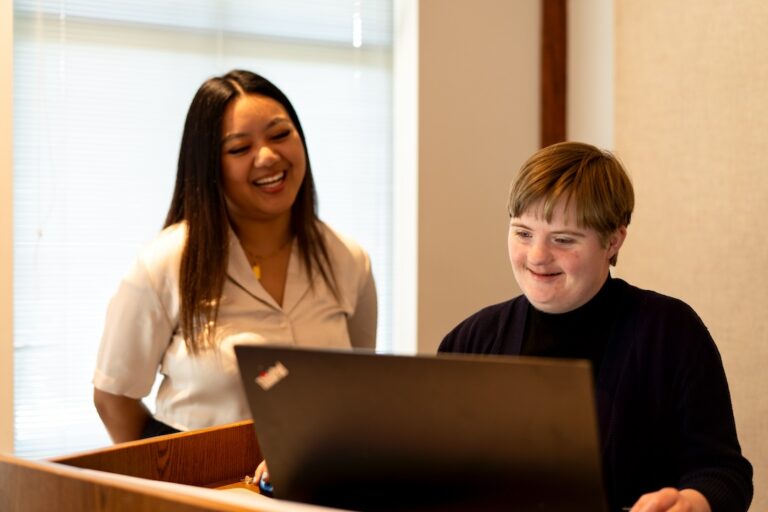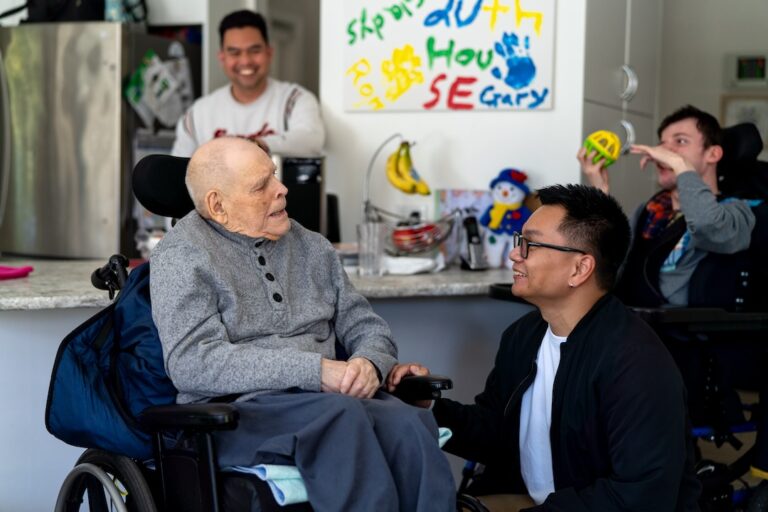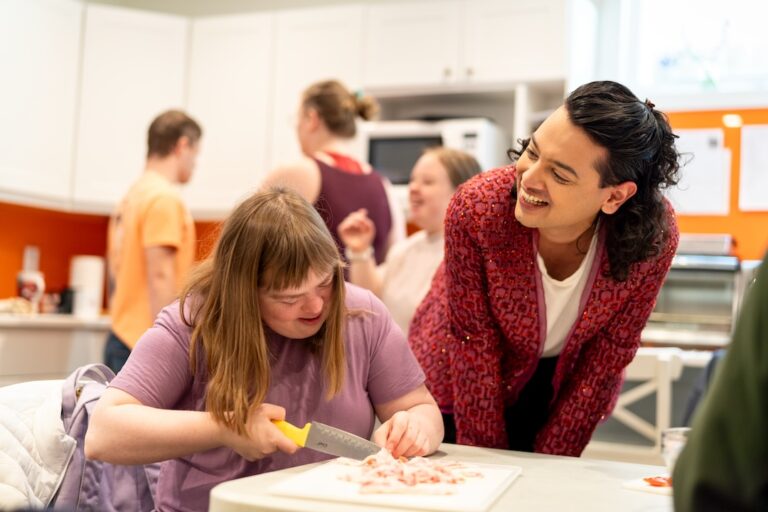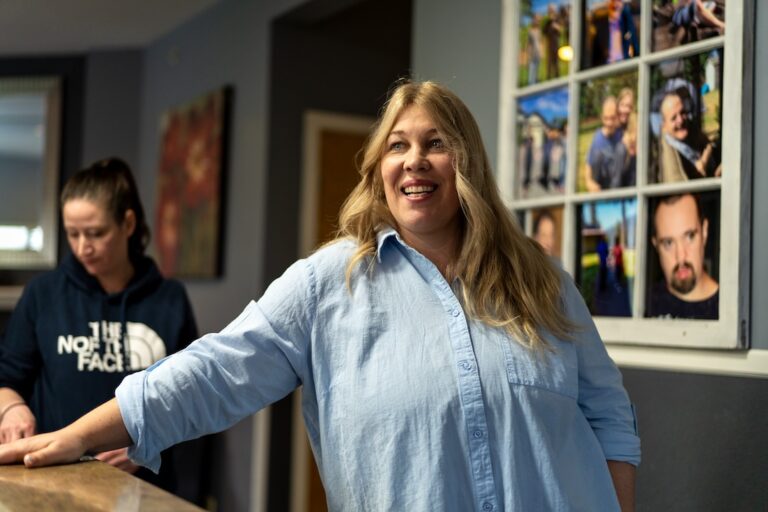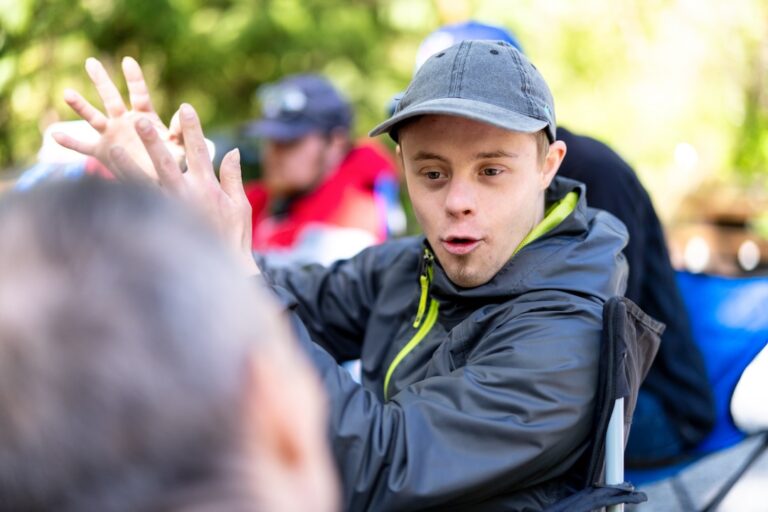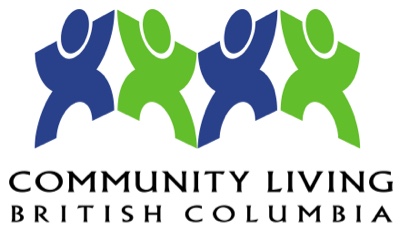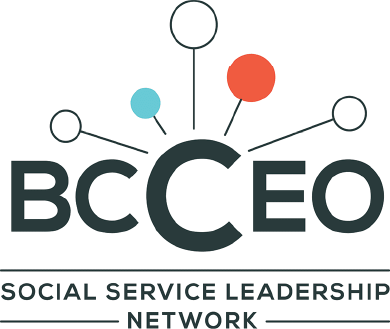What is Community Living?
Community Living BC, or CLBC, is the provincial crown corporation that funds supports and services to adults with developmental disabilities, as well as individuals who have a diagnosis of Autism Spectrum Disorder (ASD) or Fetal Alcohol Spectrum Disorder and who also have significant difficulty doing things on their own. CLBC also provides funding for initiatives like the BC CEO Community Living recruitment campaign, which helps raise awareness and attract talent to this vital sector. It’s important to note that CLBC does not directly provide services for adults with disabilities. Instead, they work with over a hundred non-profit community partners across the province, who are actively hiring people for these essential roles.
While this site focuses on highlighting job opportunities within the community living sector, if you are interested in working directly for the provincial crown corporation, CLBC, please visit their careers page.
Although the services offered in each community may differ, they can include supporting people with their housing or living arrangements, learning new skills, and finding jobs. There is also support available to ensure the well-being of eligible individuals and their families.
Where can I get more information?
To learn more about Community Living in British Columbia, please visit the Community Living BC website.
Find a Community Living Services Provider near you:
OUR APPROACH
Thriving in community
Community Living is founded on the belief that people do best when they have a diverse network to give them support and a strong sense of belonging and connection, including family and friends, neighbours, employers, and local social and recreational groups. This gives each person the best chance of finding the best life they can within the community they call home.
You’ve got questions. We’ve got answers.
Find the answers to some of the most commonly asked questions about Community Living Services below. Can’t find what you’re looking for? Our member organizations will be happy to answer any questions you might have.
Frequently asked questions
Feedback about this website
Have comments or questions about our website? We are always happy to hear from you. Reach out to us at careers@bcceonetwork.ca and we will get back to you as soon as we can.



